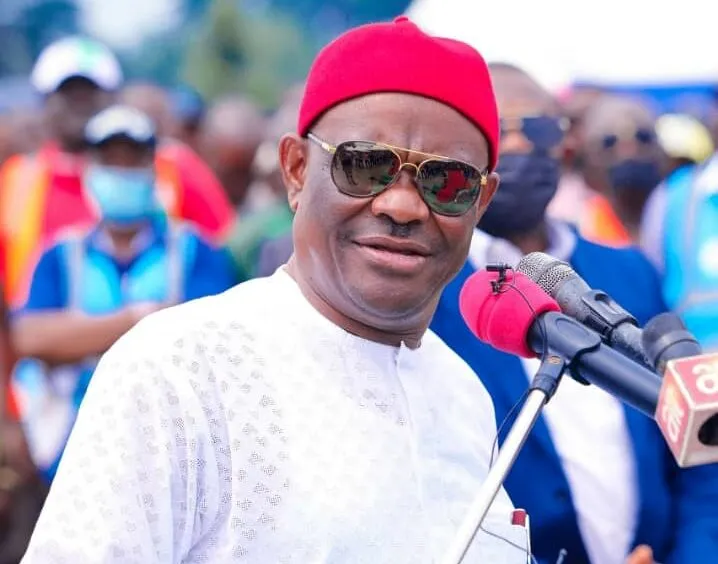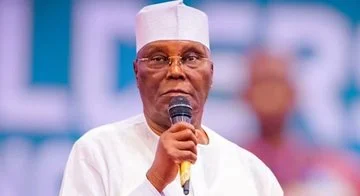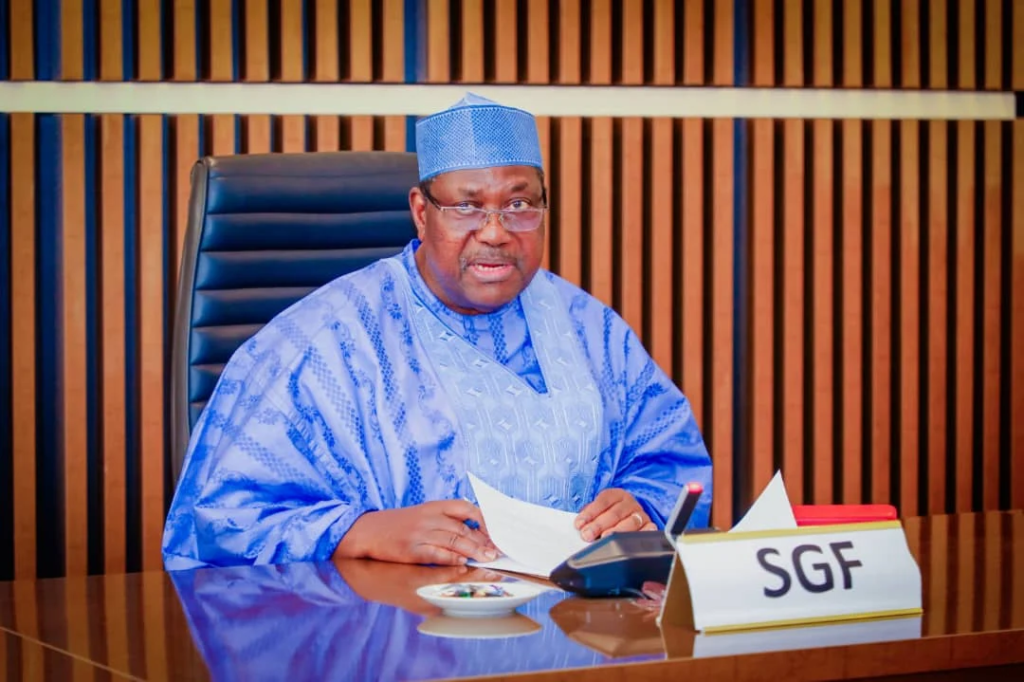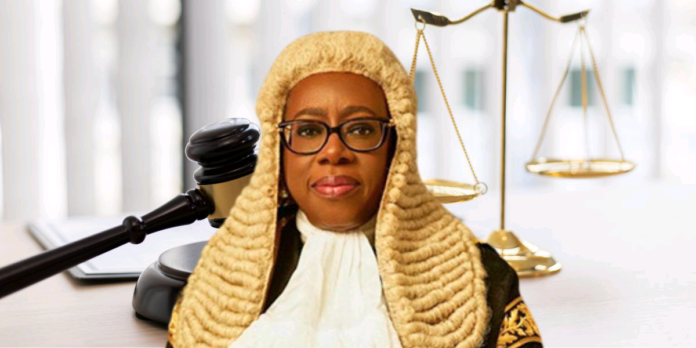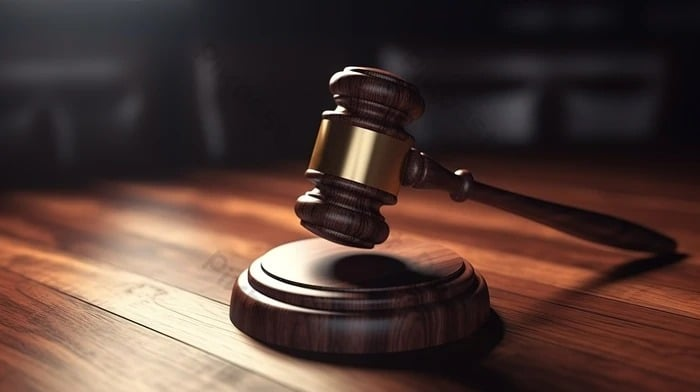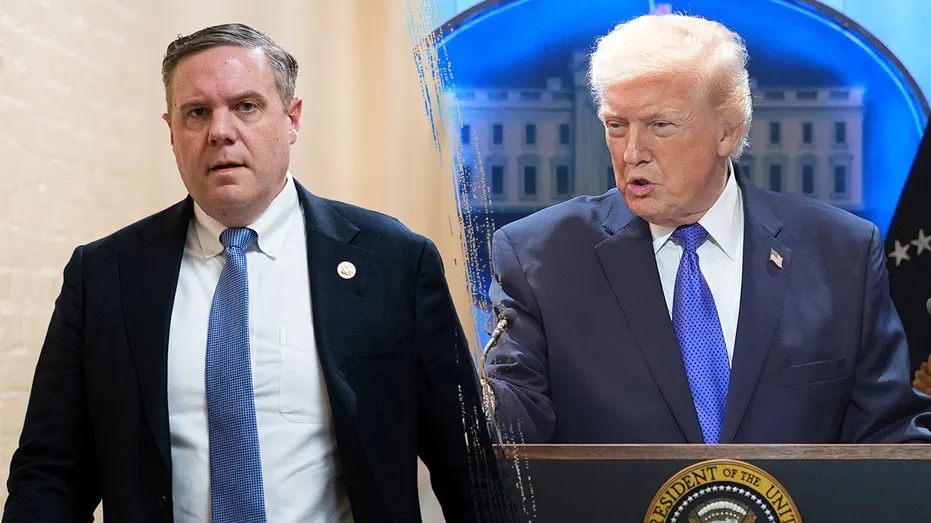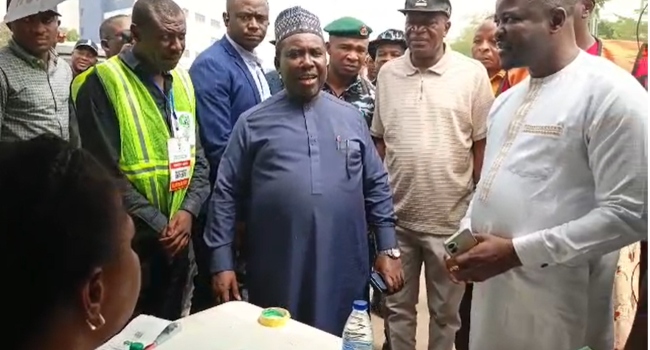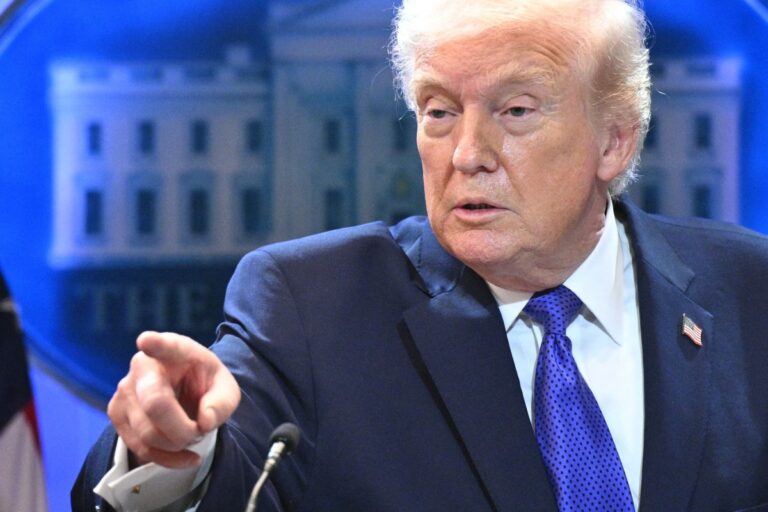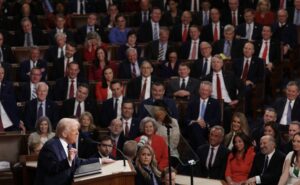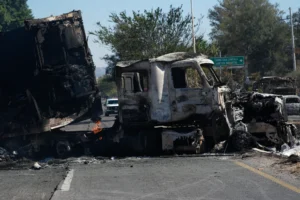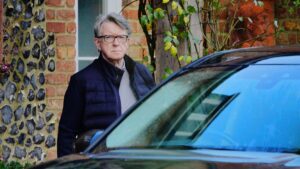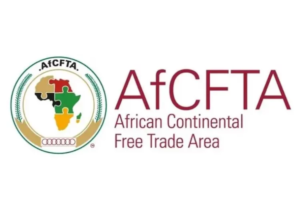On Monday, a significant moment will unfold in Manhattan as hundreds of New Yorkers are summoned for jury duty in the first criminal trial of a former president, Donald Trump.
The case involves allegations that Trump falsified business records to conceal a payment made just before the 2016 election to an adult film star, reportedly to keep quiet about an alleged affair.
The Manhattan District Attorney’s Office and Trump’s legal team will undertake the task of selecting 12 jurors who can set aside personal opinions about the polarizing figure of Trump and ensure a fair trial.
Trump’s lawyers have raised concerns about the jury selection process, citing the predominance of Democrats in Manhattan and suggesting it could impede the selection of an impartial jury.
Legal experts also acknowledge the difficulty of assembling an impartial jury given the high-profile nature of the case and Trump’s controversial reputation.
Former Manhattan prosecutor Jeremy Saland emphasized the challenge of selecting an impartial jury, given the widespread exposure New Yorkers have had to Donald Trump and his family over the years.
“Everyone in New York has been exposed to Donald Trump and his family for generations, through tabloids, the internet, and even movies like Home Alone,” Saland said. “There’s nobody in the country who doesn’t have an opinion one way or another.”
Despite this, Saland stressed the importance of jurors being fair, attentive to the evidence presented, and holding prosecutors to their burden of proof.
The jury selection process, according to former Brooklyn and Manhattan prosecutors, will involve asking hundreds of potential jurors 42 detailed questions over several stages, likely lasting more than a week.
Up to 500 people from Manhattan and neighbouring Roosevelt Island could be chosen as prospective jurors for the high-profile trial.
Under the oversight of Justice Juan Merchan, both the defence and prosecution will select 12 jurors and several alternates from this pool. While the jurors will remain anonymous to the public, both Mr Trump’s legal team and the prosecutors will know their identities.
The jury selection process will begin by excusing those potential jurors facing hardships such as childcare responsibilities or travel restrictions that would prevent them from participating in the six-week trial, explained Julie Rendelman, a former Brooklyn prosecutor.
The next stage, according to experts, will be the most challenging: identifying and removing individuals who cannot demonstrate impartiality. This phase is critical in ensuring a fair trial.














